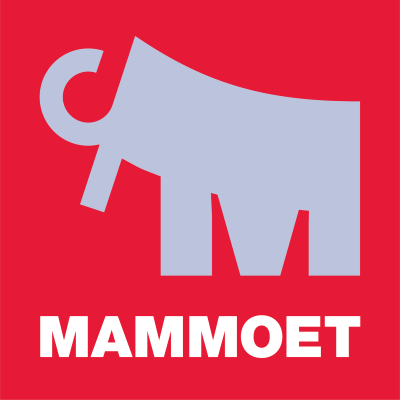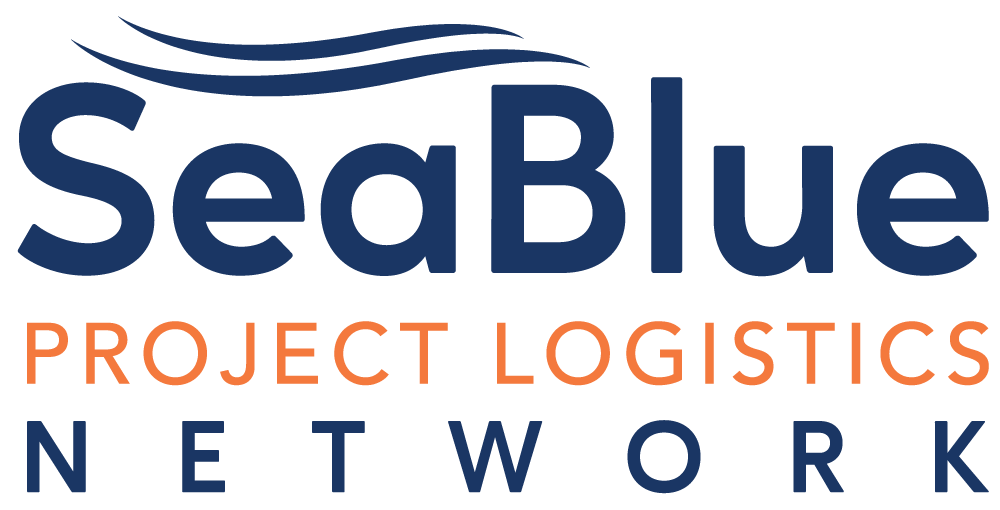Diversification Sees Big Investment in Non-Oil Sectors
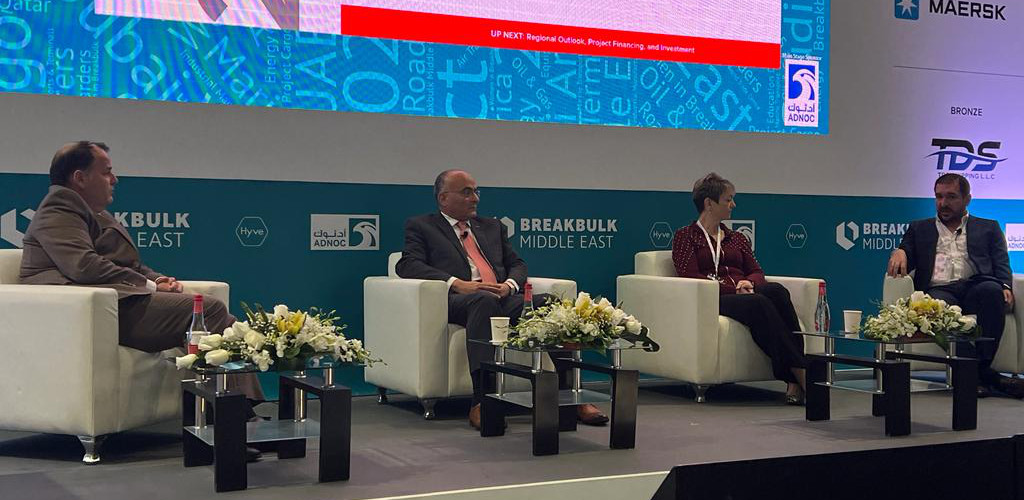
Saudi Arabia’s Vision 2030, unveiled by Crown Prince Mohammed bin Salman in 2016, is a sweeping nationwide project to diversify the economy away from oil towards more sustainable, private sector-driven industries.
The strategy is luring investors and providing breakbulk and project cargo with a slew of exciting new opportunities, speakers said during the ‘Spotlight: Saudi Arabia’ panel event on the first day of Breakbulk Middle East 2022 in Dubai.
“We can see in the last five years how much has changed in the country,” said Rafael Vicens, head of global projects and industry solutions for Middle East and Africa at DB Schenker, and moderator of the event.
The panel pointed to several sectors that are likely to see massive development in the coming years as the kingdom opens its crude-dependent economy. Billions of dollars have been earmarked for projects in renewable energy, construction, port infrastructure, tourism and entertainment.
Sue Donoghue, CEO Arab Cluster at DHL Global Forwarding, pointed to mega-projects such as NEOM, a US$500 billion “smart city” on the Red Sea coast that will house port facilities, sports stadiums, green fuel plants and a hi-tech 170-kilometre metro line dubbed The Line.
In renewables, Saudi Arabia is targeting 60 gigawatts of installed capacity by 2030, with PV solar plants accounting for two-thirds of planned projects. Big investment is also slated in wind energy – onshore and offshore – and other renewable sources.
“The market is growing, it is the land of opportunity, there is so much construction, there is so much investment – and it is fast-tracked,” Donoghue said. “The opportunity for the breakbulk industry is incredible.”
Panellists agreed that the success of Vision 2030 depends on the kingdom’s ability to lure foreign investment and know-how to expand the private sector into an engine for growth.
Dr. Ibrahim Behairy, managing director at diesel engine manufacturer Win GD Middle East & Africa, said Saudi Arabia’s vast territory and its rich natural resource base would appeal to investors.
“The changes that Saudi Arabia has gone through recently has made the country completely different. Saudi Arabia used to be known to all of us as an oil-dependent country. That is not the case anymore.”
Meanwhile, speaker Onur Yigiter, CEO of AMSteel, a Saudi-owned firm focussed on port and steel services at King Abdullah Port on the Red Sea Coast, pointed to the kingdom’s political stability and strong central bank as other reasons that foreign firms would be tempted to invest.
“It is a fantastic time for Saudi Arabia investment. I believe more and more opportunities will come for investors.”

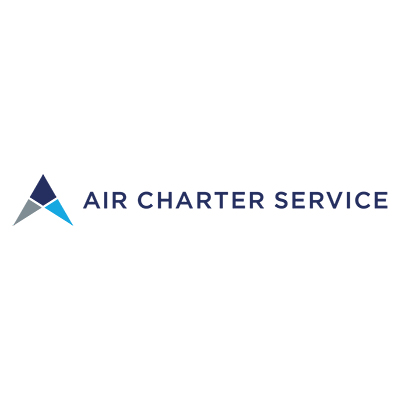

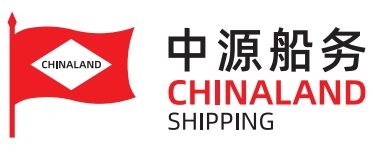
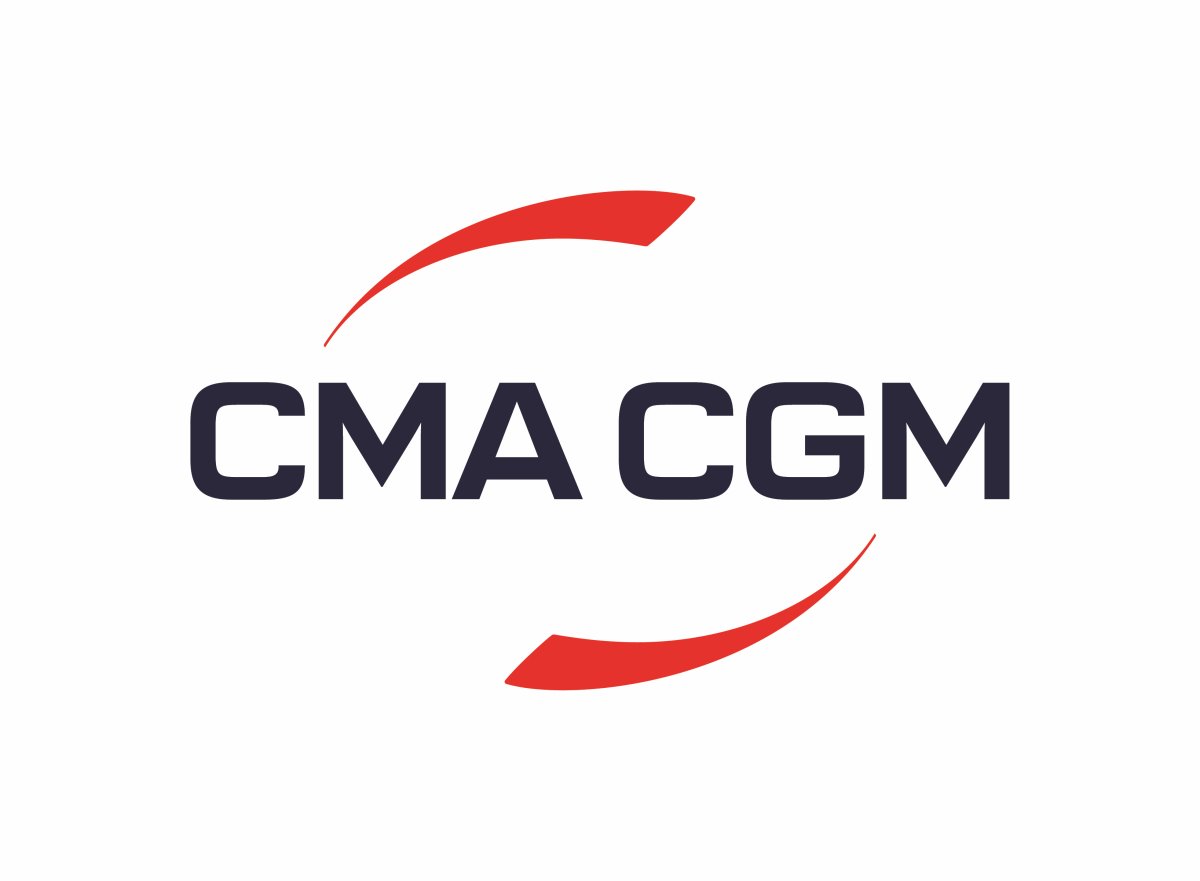
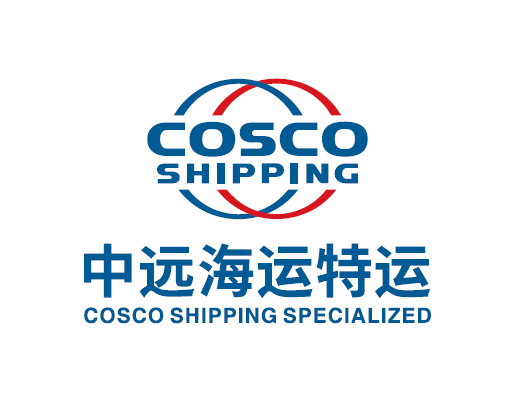
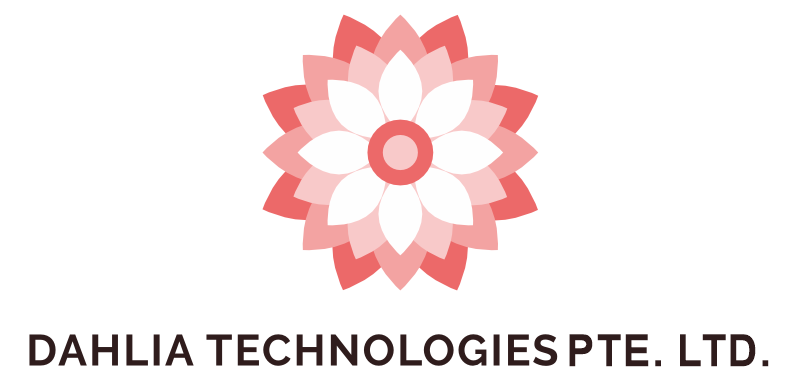
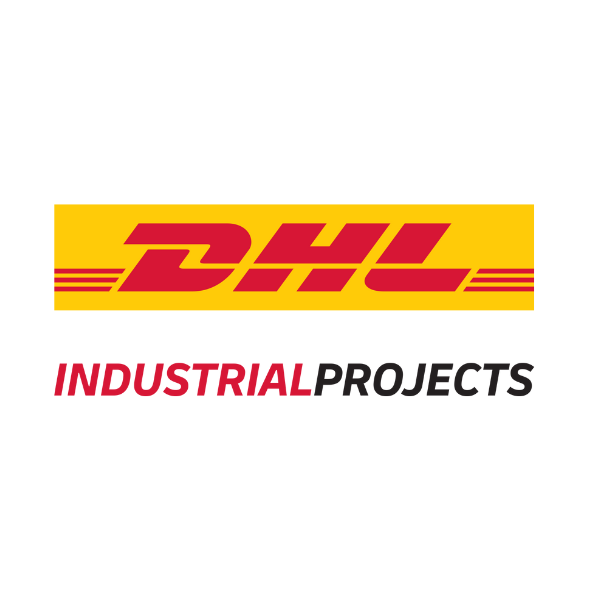
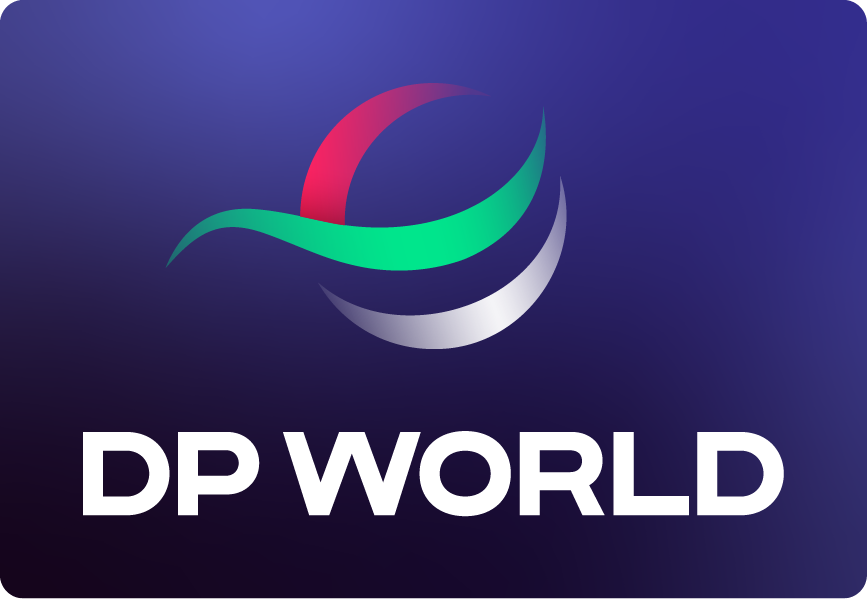


-(1).jpg?ext=.jpg)

_2.jpg?ext=.jpg)
